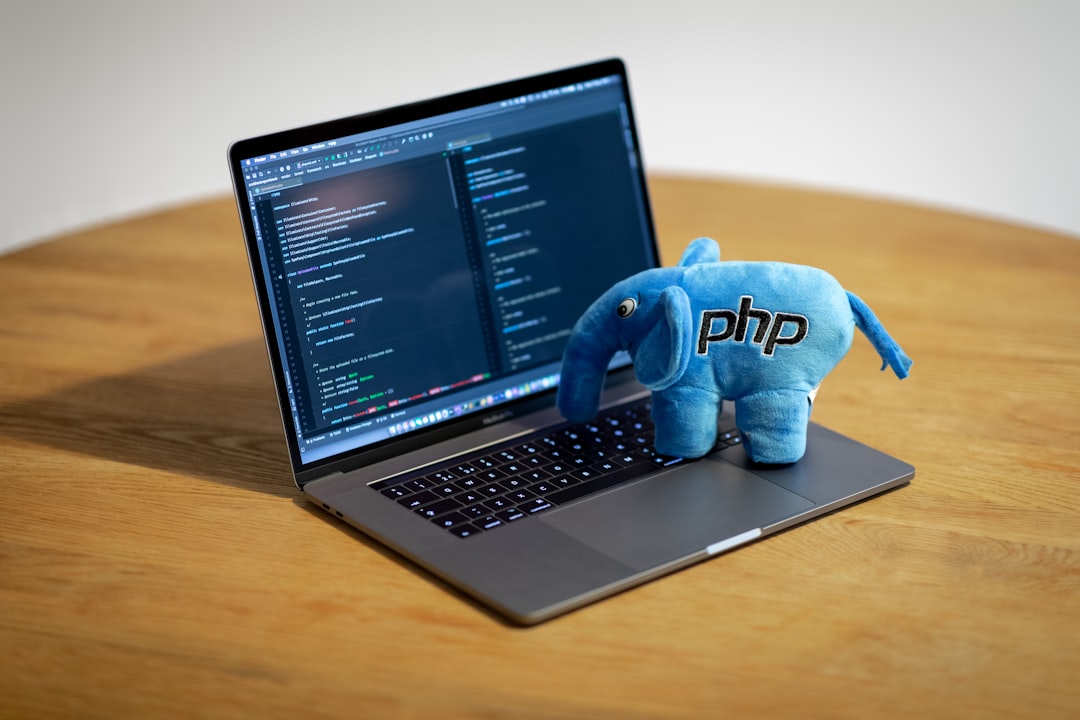
Unlocking Efficient Code: A Guide to Mastering Coding Techniques
In today’s fast-paced technological landscape, efficient coding has become paramount for developers and organizations alike. Unlocking efficient code not only enhances performance but also improves maintainability, collaboration, and scalability. This article presents a comprehensive guide to mastering coding techniques that can lead to more efficient and effective code.
Understanding Efficient Code
Efficient code is code that performs its tasks in the least amount of time and with the least use of resources. It is characterized by several attributes, including:
- Readability: Code should be easy to read and understand for both the original author and other developers.
- Maintainability: Efficient code is modular and allows for easy updates and modifications.
- Performance: It executes tasks quickly and optimally utilizes system resources.
Best Practices for Writing Efficient Code
1. Optimize Algorithms
When tackling coding challenges, the choice of algorithm can significantly impact performance. Understanding algorithmic complexity—both time and space—is essential. For instance, using a hash table for lookups instead of a list can reduce time complexity from O(n) to O(1).
2. Embrace Code Reusability
Utilizing functions, classes, and libraries can help avoid redundancy. By encapsulating code into reusable components, developers can increase productivity and maintainability. For example, when developing in Python, utilizing libraries like NumPy or Pandas not only speeds up development but also enhances performance.
3. Comment and Document Your Code
Though it may seem trivial, proper documentation and comments can save time for both the original developer and others who may work on the code later. This practice aids in understanding the purpose of various code segments and promotes collaboration.
4. Adopt Version Control Systems
Using tools like Git for version control allows developers to manage changes efficiently. This practice facilitates collaboration, enables tracking of code changes, and simplifies the process of reverting to previous versions if necessary.
5. Test Your Code
Implementing unit tests and integration tests ensures that code behaves as expected and helps identify potential issues early. Continuous integration and deployment (CI/CD) practices can automate testing, improving efficiency in the development cycle.
Emerging Trends in Efficient Coding
As technology evolves, so do coding practices. Here are some current developments that are shaping the future of efficient coding:
1. Low-Code and No-Code Platforms
These platforms allow users to create applications with minimal coding, thereby accelerating development cycles. While they are not a replacement for traditional coding, they can help non-developers contribute to projects, promoting a more collaborative environment.
2. Artificial Intelligence in Coding
AI-driven tools like GitHub Copilot assist developers by providing code suggestions based on context. This technology can significantly enhance productivity and efficiency by reducing the time spent on writing boilerplate code.
3. Microservices Architecture
Adopting a microservices architecture can lead to more efficient code. By breaking applications into smaller, manageable services, teams can work independently and deploy updates without affecting the entire application.
Practical Applications and Case Studies
A notable example of efficient coding practices is Netflix’s use of microservices. By breaking down its monolithic application into microservices, Netflix achieved greater scalability and resilience, allowing for faster feature deployments and improved user experience.
Another example is the adoption of containerization technologies like Docker. Containers enable developers to package applications with all dependencies, ensuring consistency across different environments and reducing deployment issues.
Tools and Resources for Mastering Coding Techniques
To enhance your coding skills, consider the following tools and resources:
- Code Editors: Tools like Visual Studio Code or JetBrains IDEs provide powerful features for efficient coding.
- Version Control: Familiarize yourself with Git and platforms like GitHub for collaborative coding.
- Online Learning: Websites such as Codecademy and Coursera offer courses on coding techniques and best practices.
For further reading, check out these articles:
- Understanding Algorithm Complexity
- The Importance of Documentation in Coding
- Microservices Architecture Explained
Conclusion
Mastering coding techniques is crucial for unlocking efficient code that is fast, maintainable, and scalable. By embracing best practices, staying abreast of emerging trends, and utilizing the right tools, developers can significantly enhance their coding efficiency. As you embark on your journey to master these techniques, remember that collaboration, continual learning, and adaptation are the keys to success in the ever-evolving world of technology.
If you found this article insightful, consider sharing it with peers or subscribing for more in-depth discussions on coding practices and DevOps automation.


